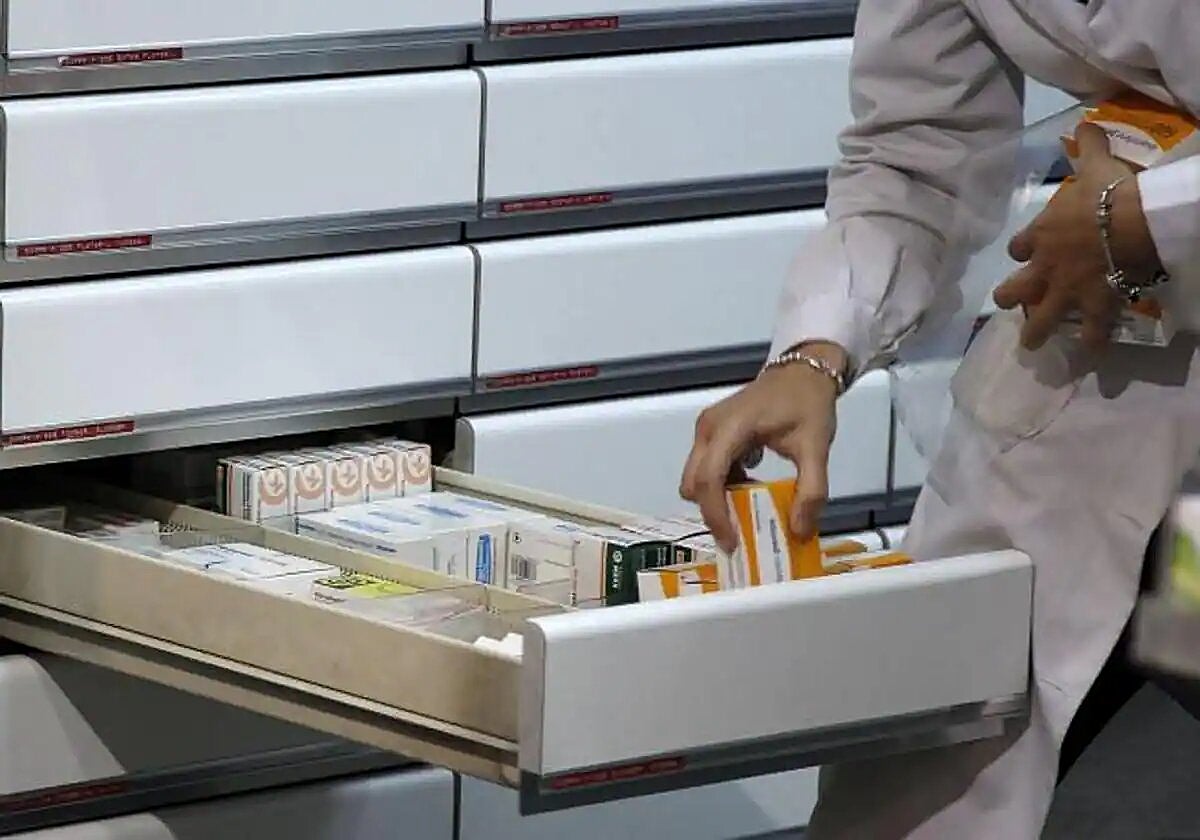This is why some popular generic medicines sold in Spain may be withdrawn
The measure, recommended by the EMA, affects drugs dispensed in countries within the European Union
Some generic drugs such as painkillers, antiretrovirals, drugs to treat epilepsy, erectile dysfunction, high blood pressure or diabetes, among others, are "under suspicion" in Spain.
The European Medicines Agency (EMA) recommended some drugs be stripped from shelves following bioequivalence studies conducted by Synapse Labs, a laboratory that conducts clinical trials of medicines located in India.
As reported a few days ago by the Spanish Agency for Medicines and Health Products (Aemps), an EMA inspection noted "irregularities that raised doubts about the validity and reliability of the data from the bioequivalence studies" carried out by the company. These doubts led the European health authorities to recommend the drugs should not be sold.
What has been placed 'under suspicion'?
Generic medicines, before they can be marketed, must prove to the regulator that they are equivalent to the reference or original medicine, as explained by the Spain's organisation of consumers and users (OCU).
This is done through bioavailability studies where they measure that the amount of active ingredient that reaches the circulatory system after ingesting or administering the generic medicine is similar to that of the "branded medicine". When this is the case, they are said to be bioequivalent medicines, i.e. the generic medicine is equivalent to the brand-name medicine and can be interchanged without any problem.
However, in this case, the bioequivalence studies conducted by Synapse Labs show patchy data.
Which medicines are affected?
According to the EMA, Synapse Labs conducted bioequivalence studies on more than 400 generic medicines marketed by different pharmaceutical companies in the European Union. The full list of affected medicines is available on the European Medicines Agency's website.
In Spain, 26 generic medicines affected by the Synapse Labs case are currently being marketed (although the complete list of affected medicines authorised in Spain amounts to 35), the OCU said. This is the list of those marketed in Spain:
What will happen now?
According to AEMPS, Spain will "proceed immediately to implement the actions indicated by the EC for medicines that are not considered critical and do not generate a supply problem that could affect patients", since for many of these medicines there are other generic laboratories that market the same active ingredients and at the same doses.
It is not yet known which drugs will no longer be marketed in Spain and, as the OCU pointed out, it will depend on which drugs are considered "critical" and whether the withdrawal of some may cause supply problems.
In any case, the Spanish Medicines Agency clarified that so far there is no evidence of safety problems or lack of efficacy with any of the affected medicines. For patients taking any of the affected drugs, AEMPS advised them to contact their doctor for information on alternatives.

